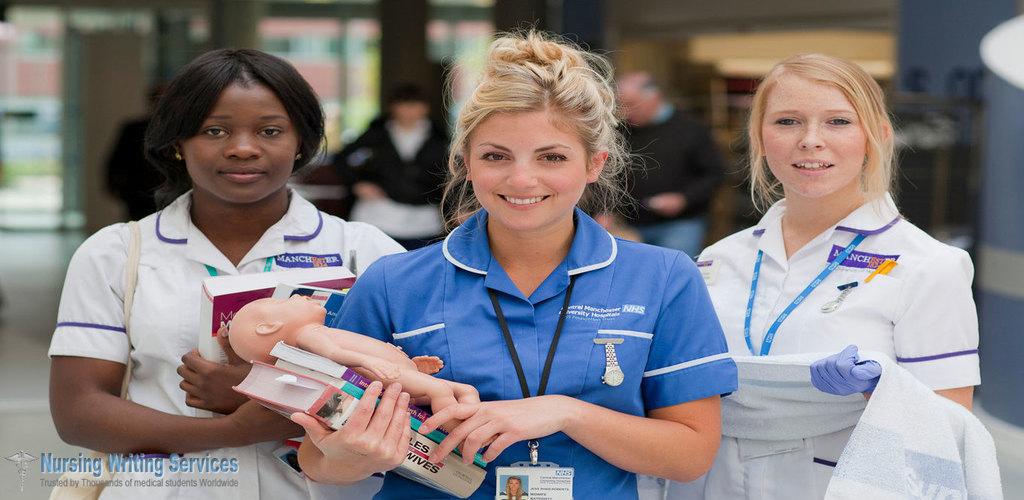
NURSING UNIONS CALLING FOR THE END OF RACISM IN NURSING HEALTH SERVICES
The United Kingdom nursing union has called for greater equality for black and ethnic minority nurses in the health service as the nation celebrates seventy years since the Empire Windrush docked in Britain. The Empire Windrush arrived in Tilbury just two weeks before the National Health Service was founded and it is estimated around a hundred thousand nurses from the Caribbean and Africa came for training between 1948 and 1971.
About 25% of nurses in the National Health Service are from minority backgrounds this according to the Royal College of Nursing but have much fewer chances of being shortlisted for promotion than their white counterparts. They have had more difficulty accessing development training and are more likely to be formally disciplined than white nurses. The Royal College of Nursing launched its cultural ambassador programme to work in tackling discrimination with employers and combat racism in the workplace.
Chief executive and general secretary of the RCN Janet Davies said how many of the Windrush generations helped to build the health service that we all rely on and how they have been their valued colleagues for over seventy years of which their contribution to keeping the service running is undeniable. She reiterates how times have moved on since the 1940s yet BME staff still do not have equal access to career opportunities and fair treatment in the workplace which makes the work of the RCN's cultural ambassador programme even more important for promoting equality and inclusion for all NHS staff.
Also see:Pay Differences for Nurses in the US and CanadaJanet was insistent and clear that there was no room for racism or any form of hate in nursing. She acknowledges the Windrush generation and their descendants are a credit to our society and the nursing profession. Shirley Ramnarine a nurse who has spent her entire career with the National Health Service has arrived in the UK from Trinidad in 1967 trained in Bath before working as a practice nurse in Bath.
She explains her journey from the time she arrived in Southampton where she met a man from the British Council who took her to the train station to board. Shirley remembers that it was cold and she was meeting students at the Bath Spa Nurses Home who came from all over the world. Many of whom did not know anybody else in the United Kingdom. She wanted to come to the UK by boat because it only cost cheaper for three hundred and fifty dollars whilst the plane was highly priced costing about six hundred dollars.
Her journey from Trinidad, however, took over twenty days and she could visit quite a few countries, namely, Spain, Portugal, Jamaica, and Venezuela. She says working for the National Health Service has been good as she still with them working ten hours a week.
Source: www.aol.co.uk
